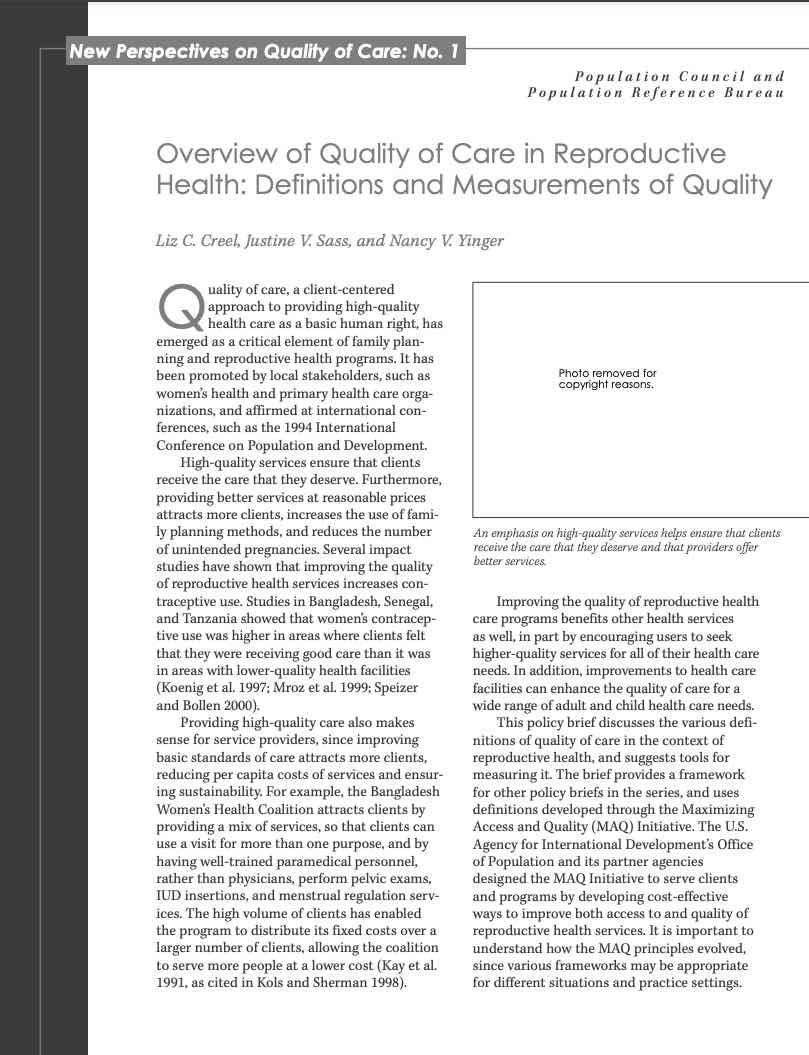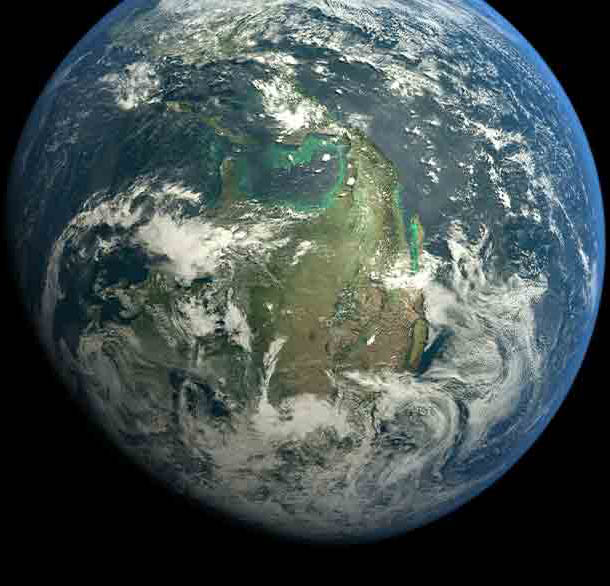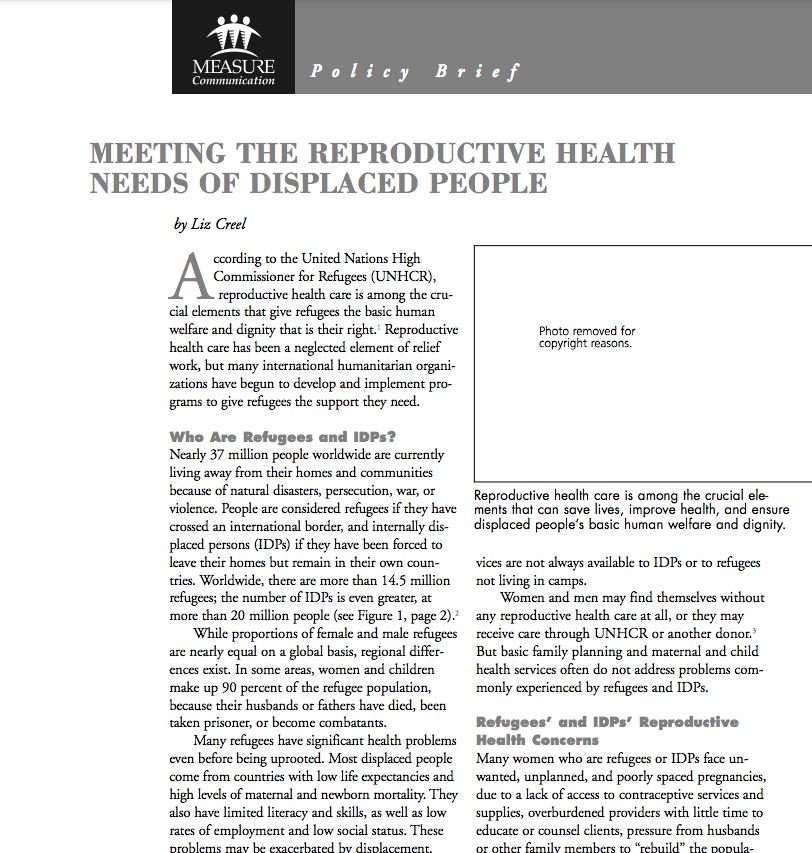Shifting Latino Ethnic and Racial Identity
(2010) Over the past several decades, the U.S. Census Bureau has used variations in its attempt to classify and enumerate Latinos.
(2010) Over the past several decades, the U.S. Census Bureau has used variations in its attempt to classify and enumerate Latinos.
(2009) While the main function of the U.S. decennial census is to provide counts of people for the purpose of Congressional apportionment, the primary purpose of the ACS is to measure the changing social and economic characteristics of the U.S. population.

(2002) Quality of care, a client-centered approach to providing high-quality health care as a basic human right, has emerged as a critical element of family planning and reproductive health programs.

The global population milestone of 8 billion represents nearly 7% of the total number of people who have ever lived on Earth.
(2004) As the 2000 election made clear, the presidential election actually is a series of 51 “winner take all” contests in each state and the District and Columbia. The candidate who wins a particular state is entitled to all of that state’s electoral votes—the equivalent of that state’s total number of senators and representatives.

(2002) According to the United Nations High Commissioner for Refugees (UNHCR), reproductive health care is among the crucial elements that give refugees the basic human welfare and dignity that is their right.1
(2011) At the start of the UN International Year of Youth in August 2010, UN Focal Point on Youth Nicola Shepherd stated: "The International Year is about advancing the full and effective participation of youth in all aspects of society...we encourage all sectors of society to work in partnership with youth and youth organizations to better understand their needs and concerns and to recognize the contributions that they can make to society."
(2006) The United States is set to reach a milestone in October. Joining China and India, it will become the third country to be home to at least 300 million people.
At the fractious Constitutional Convention in Philadelphia in 1787, America's founders conceived the idea of a national census to determine the number of representatives each state would send to Congress.